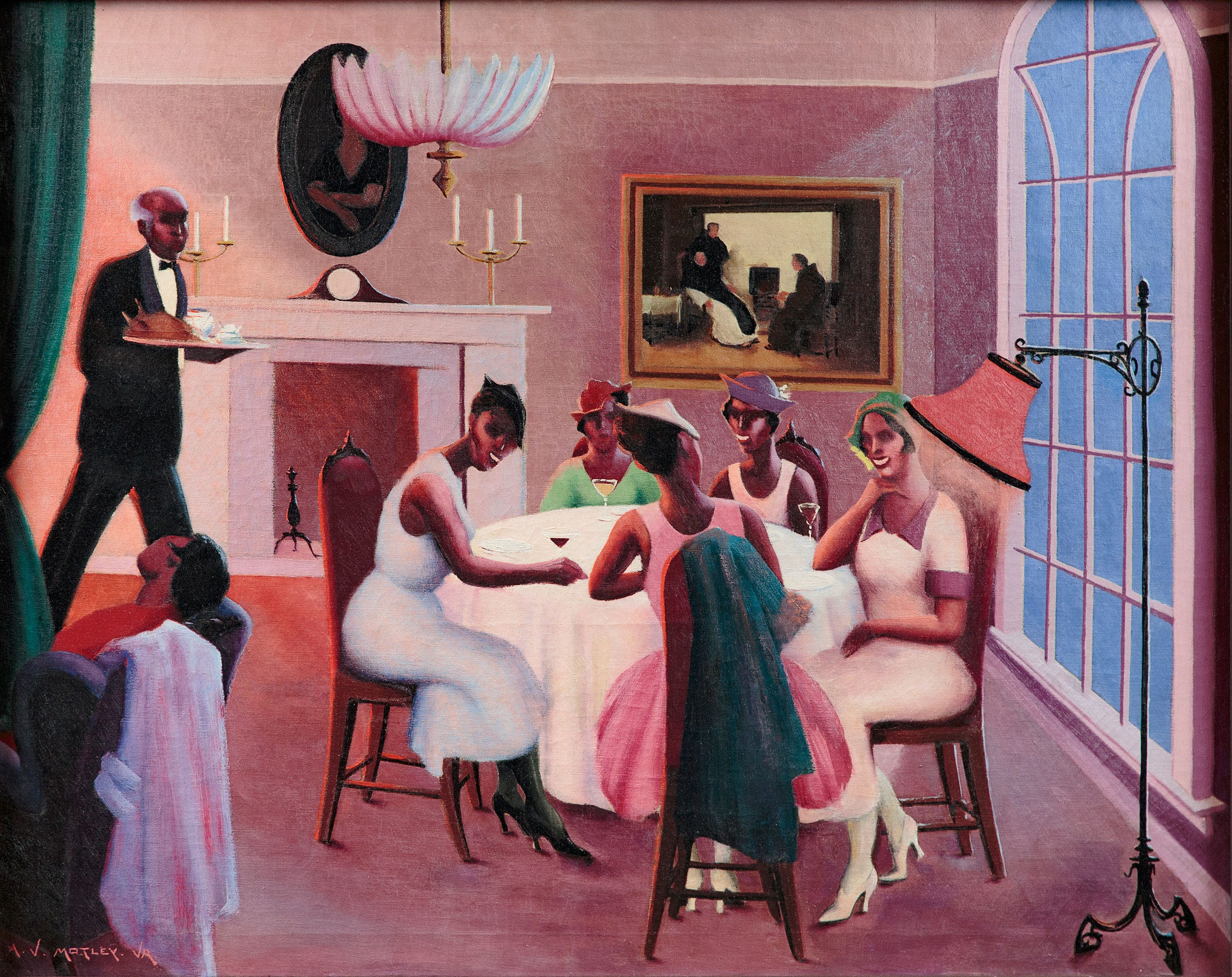On a Sunday afternoon in early fall, a memorial service was held at the Little Red School House in Manhattan’s West Village to honor the remarkable life of Abigail McGrath. McGrath, who passed away in December 2022, was celebrated for her contributions to the arts and her unique place in cultural history as “the only child” of the Harlem Renaissance. Her legacy, while momentarily overshadowed by the winter holidays and the upcoming 2024 election, continues to resonate, particularly in a climate increasingly critical of artistic expression.
Abigail McGrath, alongside her husband Anthony McGrath, co-founded the Off Center Theater, a performance group renowned for productions that challenged societal norms and celebrated diverse narratives. Their work included a drag rendition of Little Red Riding Hood and a poignant play about a Puerto Rican girl yearning for whiteness. The couple’s commitment to providing artistic opportunities to underprivileged youth in New York is echoed in the narratives of many successful artists, including Christine Baranski and F. Murray Abraham, who began their journeys in this innovative space.
The current political landscape has created challenges for the arts, with attempts to restrict funding from the National Endowment for the Arts targeting those who support what some describe as “gender ideology extremism.” This shift has raised concerns about the future of creative expression. Authoritarian regimes often perceive culture as a threat, as artistic works can highlight alternative realities and challenge the status quo.
Reflecting on McGrath’s life, it is crucial to acknowledge the context in which she thrived. In June, the National Guard was deployed to Los Angeles, and residents faced threats from ICE agents, creating an atmosphere of fear that permeated even the tranquil setting of Martha’s Vineyard. The island, known for its cultural significance, saw a decline in visitors, particularly from Canada, due to fears of detainment. Amid this turmoil, McGrath’s commitment to beauty and freedom serves as a reminder of the resilience required in the face of adversity.
McGrath’s story is intertwined with notable figures of the Harlem Renaissance, including her mother, poet Helene Johnson, and her aunt, celebrated writer Dorothy West. Her life exemplifies the struggles and triumphs of Black women finding their voices in a predominantly white artistic landscape. McGrath’s involvement in Andy Warhol’s films, particularly in the 1967 production Tub Girls, further solidifies her place in contemporary cultural history.
Her home in Oak Bluffs, affectionately referred to as the Pork Chop, stands as a testament to her family’s legacy. The neighborhood, rich in history, has been pivotal in shaping Black American culture. McGrath’s commitment to supporting working-class writers through her residency, Renaissance House, reflects a dedication to nurturing creativity outside mainstream channels.
As conversations around artistic expression continue to evolve, McGrath’s legacy becomes more significant. The creative environments she fostered encouraged innovation and inclusivity, standing in stark contrast to today’s restrictive measures. Her family’s desire to transform a nearby lot into a public park for readings and performances symbolizes a commitment to keeping her spirit alive and accessible to future generations.
In an era where economic and social constraints threaten the arts, McGrath’s life challenges us to envision a future where creativity flourishes. The resilience of artists like Abigail McGrath reminds us that the pursuit of beauty and freedom remains a vital part of our cultural fabric. The enduring impact of her contributions invites ongoing reflection on the role of art in society and the necessity of preserving spaces for diverse voices to thrive.







